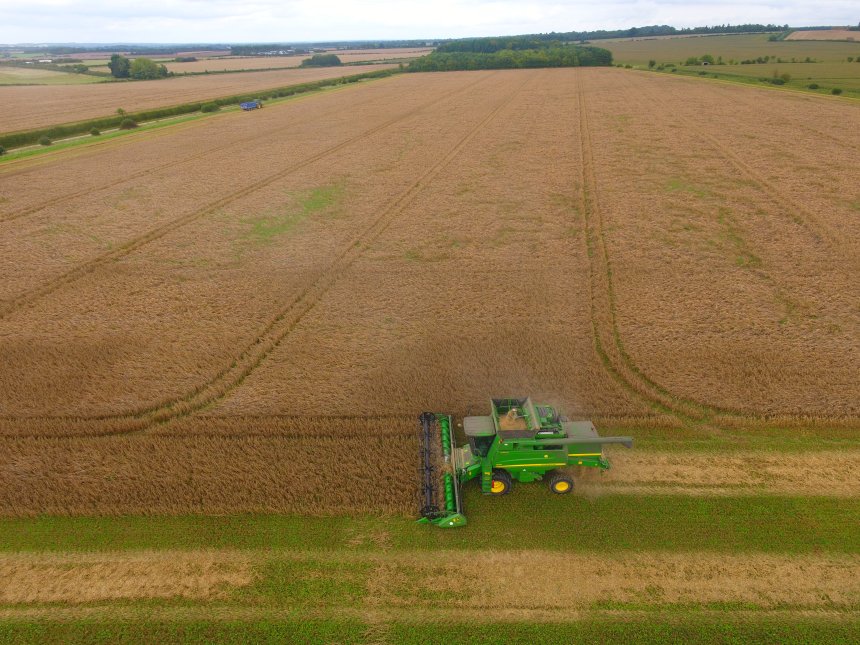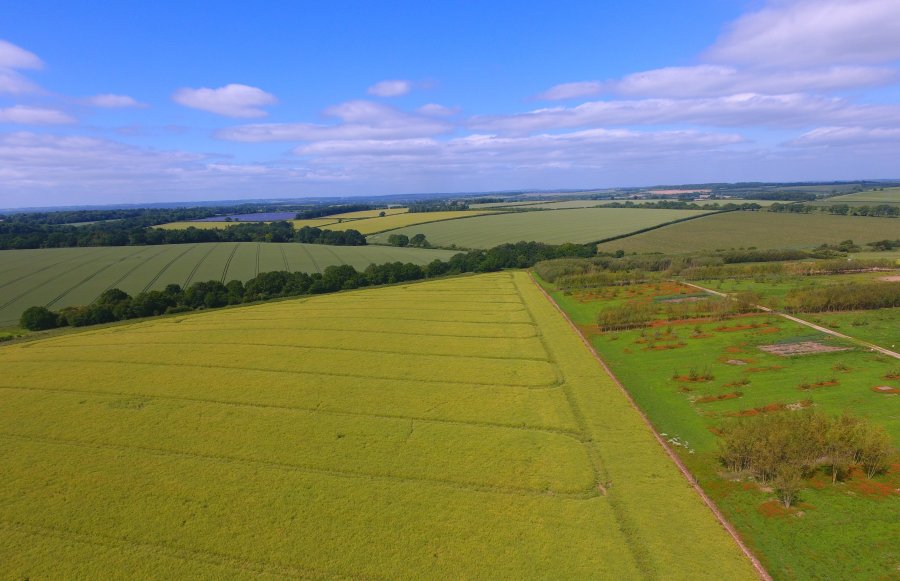
Waitrose's farm at the Leckford Estate has been unveiled as a testbed for future agricultural innovation and regenerative farming practices.
The Hampshire estate will be trialling new farming innovations over the next 15 years, helping the retailer achieve its aim of being net zero by 2035.
The supermarket chain said insight from this work would be shared with its farming network to ensure that suppliers benefitted from the findings.
The plan will see Waitrose take advantage of its mixed arable and livestock farming system at Leckford.
As well as using beef cattle to fertilise the soil, new methods will promote topsoil regeneration, improve water efficiency, and support bio-sequestration.
An end goal for Waitrose is to strengthen the health of soils, and increase biodiversity throughout the natural habitats that its farms co-exist with.
As well as maintaining wildflower plots to encourage pollinators, herbal leys will be introduced which will be left for three and a half years, grazed by cattle as part of its arable rotation.
This will include grasses, legumes and herbs such as red clover, which will help sequester carbon and add nutrients to the soil to create resilient pasture, the retailer said.
James Bailey, executive director of Waitrose, said: "We will use our farmland at Leckford and the full weight of our resources to facilitate radical change across our industry.

"Specifically, we will use a combination of research and practical application to identify the best farming techniques to help us manage this land in a way that is kinder to the environment."
Leckford will also be the site of a ‘70 trees for the Jubilee’ avenues project under the Queen’s Green Canopy.
The trees will help provide cover for beef cattle, provide homes for wildlife, protect soils and add to the carbon-capture capability of the estate.
Waitrose has also committed over 40% of the farmland to nature conservation, and turn any areas with unsuitable topography into natural spots to increase biodiversity.
Mr Bailey added: "Whether it’s planting trees to promote biodiversity, or reducing water usage to protect resources or using regenerative soil practices that help sequester carbon, our focus will be on biology rather than chemistry."
Defra Secretary George Eustice welcomed the retailer's plan: “It is good to see Waitrose commit to innovative farming practices which will contribute to their net zero ambitions.
“Last year, the government set out how we will transform the way we support and incentivise farmers to farm more sustainably, create space for nature and enhance animal welfare.
"These incentives will provide a powerful vehicle for achieving the goals of our 25 Year Environment Plan and our commitment to reach net zero emissions by 2050.”
